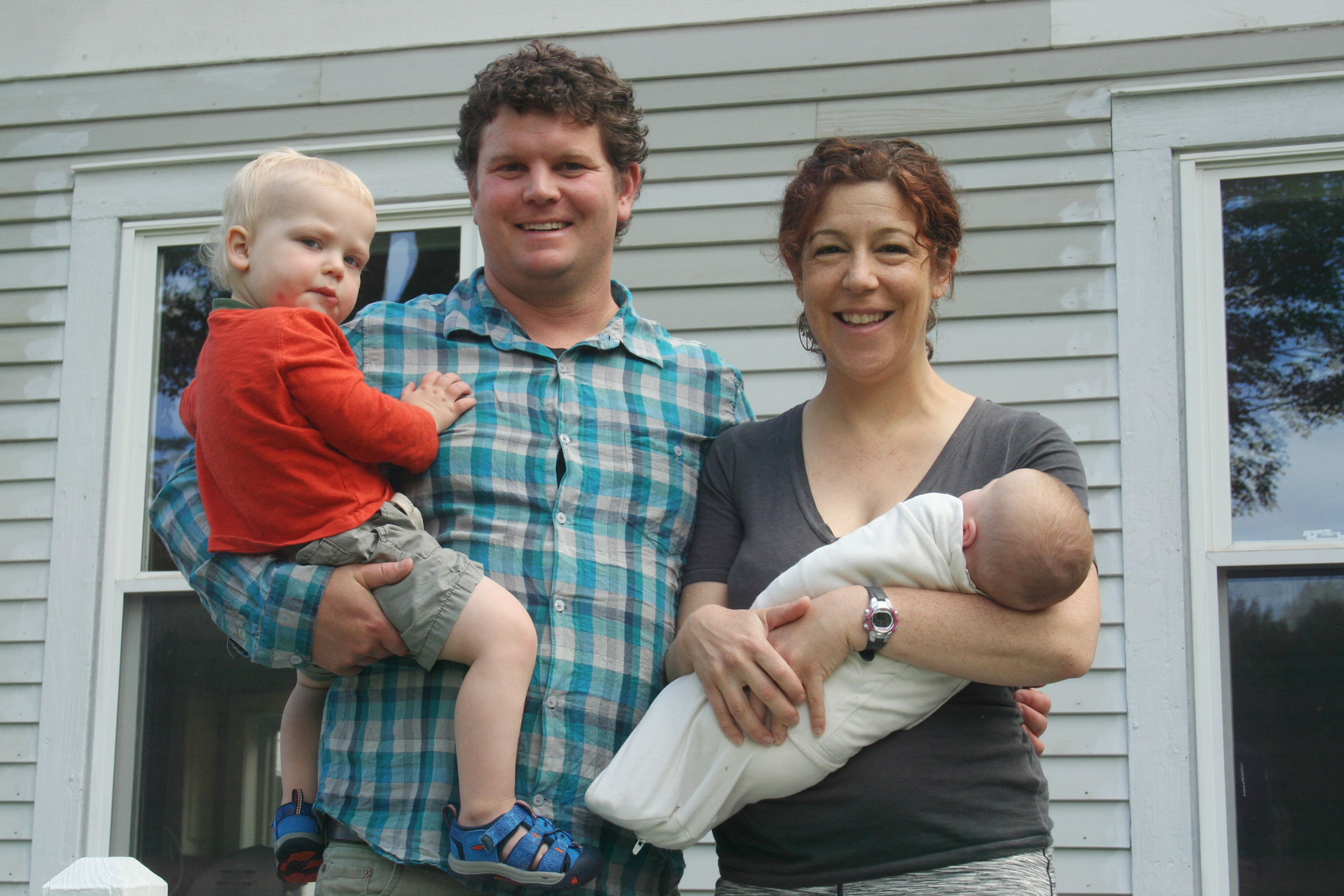
In Vermont, Washington Electric Co-op is giving its members an assist with energy-efficiency upgrades and making cash available to help cover members’ weatherizing costs and system improvements, even if they don’t use electricity for cooking, heating and hot water.
“Vermont has a goal of obtaining 90 percent of its electricity from renewable sources by 2050, and we’re already a 100 percent renewable energy provider,” said Patty Richards, general manager of the East Montpelier-based distribution co-op. “Now, we want to tackle fossil fuels like propane, oil and gasoline.”
The co-op’s Button Up program offers grants of up to $2,000 for weatherization improvements and purchase assistance on selected household systems. The grants include $767 for cold climate heat pumps, $250 for heat pump water heaters and $1,450 for solar water heating systems. There are also grants of up to $4,000 for wood pellet boilers.
The program was developed with support from Efficiency Vermont, a state-supported initiative created in 1999 to promote efficiency and environmental conservation.
“While a pellet boiler or a heat pump is no small investment, WEC’s Button Up incentives, in addition to those from Efficiency Vermont, can take a big bite out of the initial cost,” said Richards. “All the systems we endorse are energy efficient.”
Under the program, the co-op conducts energy assessments and has partnered with the Capstone Community Action program for weatherization services.
“We do not recommend a new heat pump if the house is not weatherized to retain that heat. We look out for every one of our members in that way,” said Richards.
The co-op helped 29 members with weatherization and efficiency upgrades when the program was initially launched with a budget of $48,000 last year. Elected directors at Washington EC increased the budget $66,450 for 2018, allowing the co-op to boost grant amounts and add $1,900 incentives for electric vehicle purchases.
“We’re trying to encourage people to do strategic and beneficial electrification in ways that save them money,” said Richards. “Supporting technology that’s efficient can not only help members lower their bills and reduce their dependence on fossil fuels. That’s good for the environment, and their wallets.”